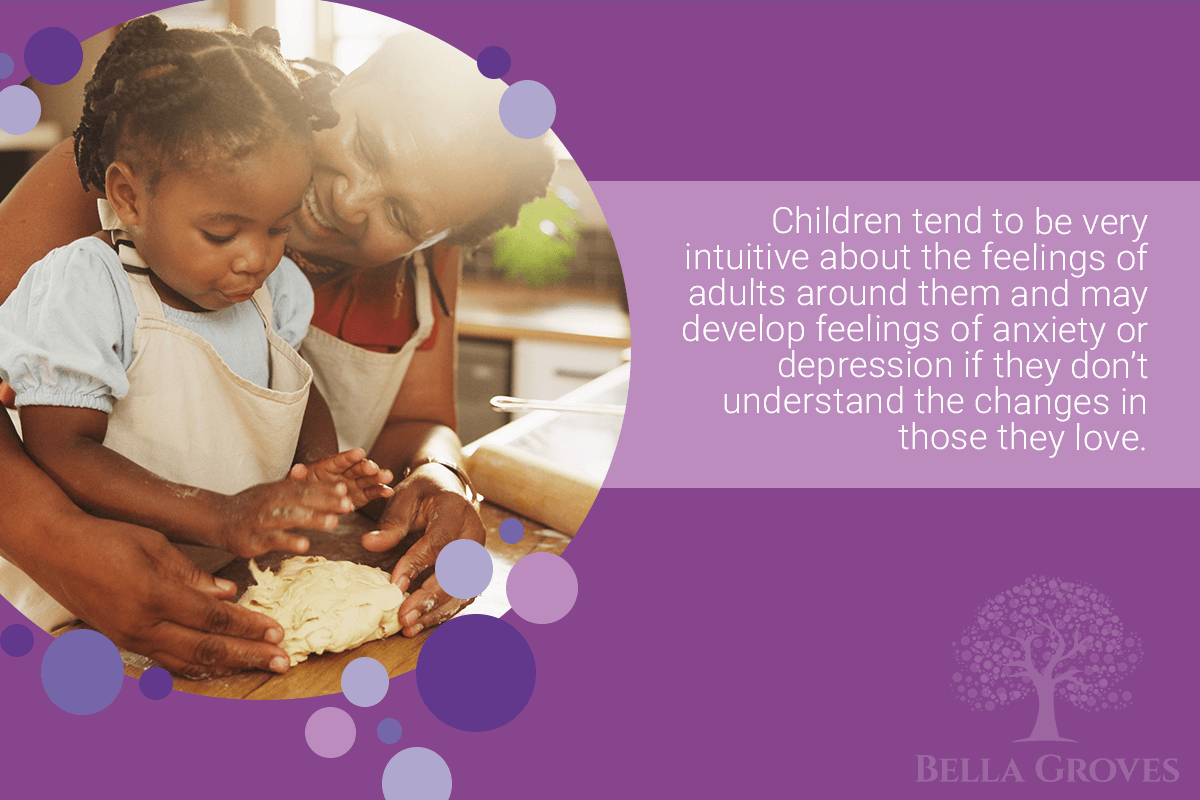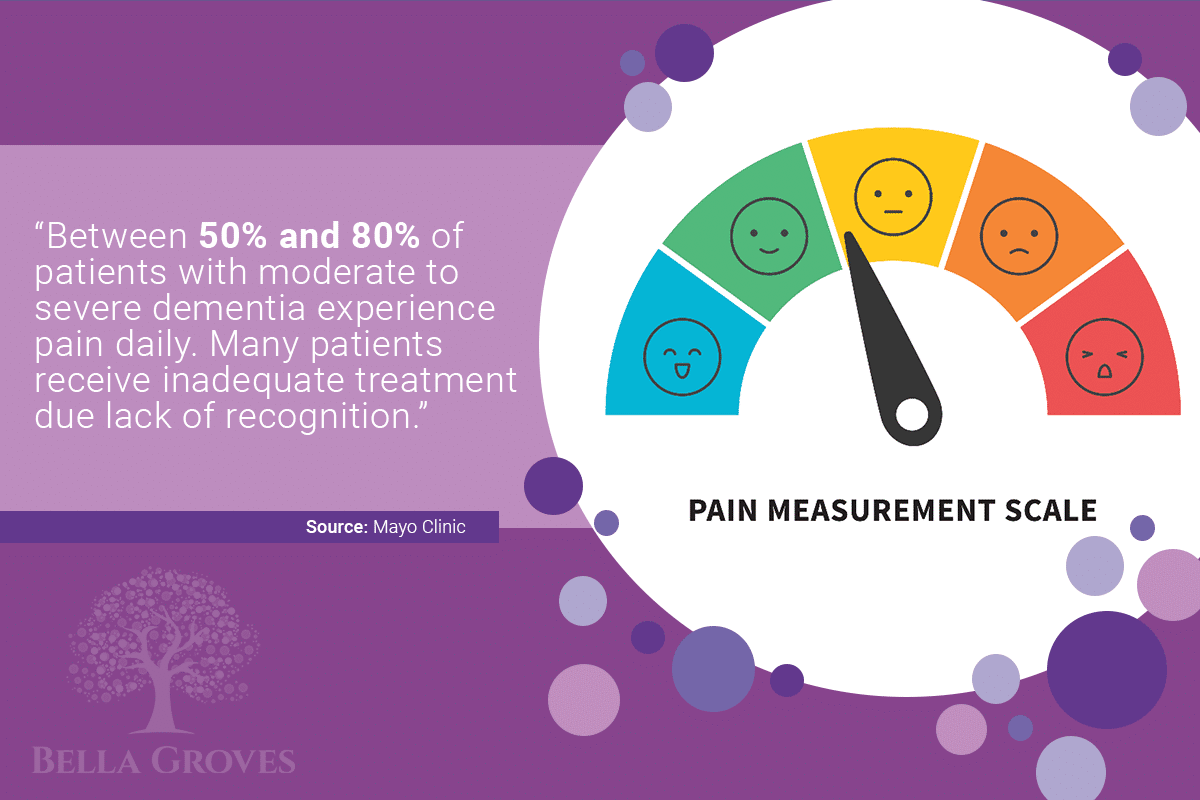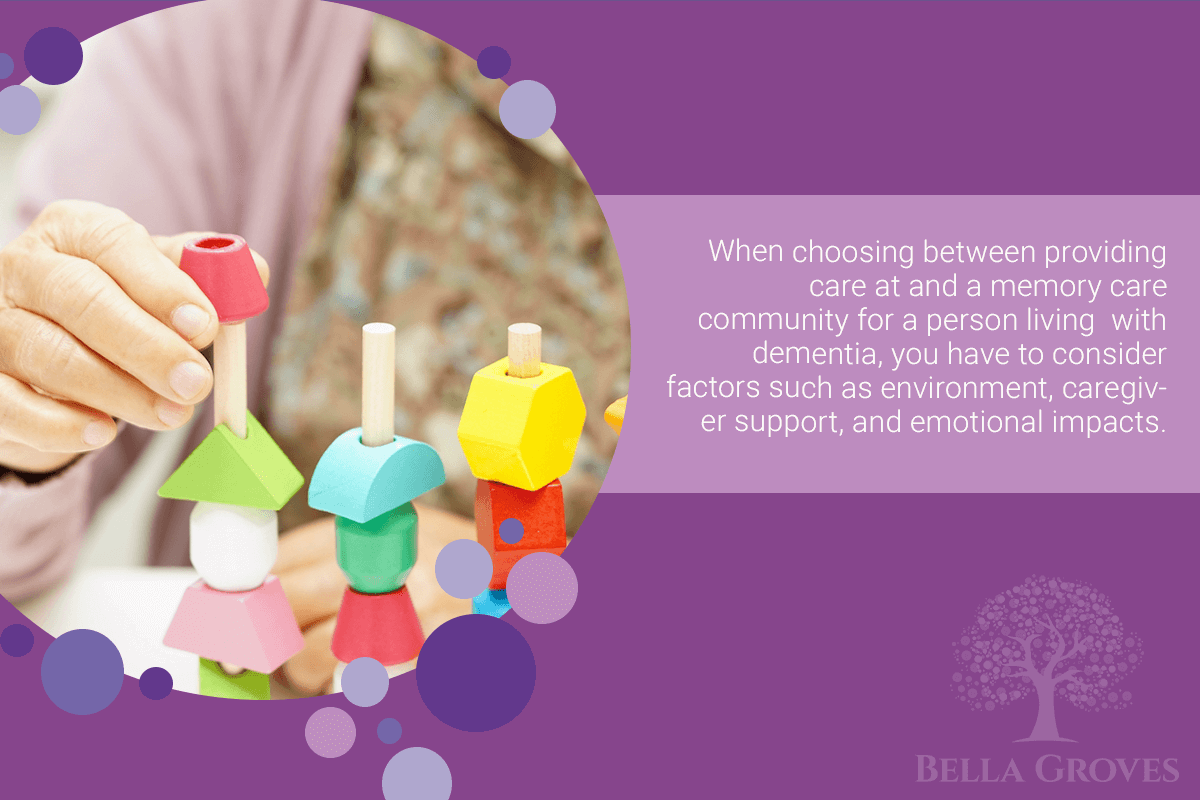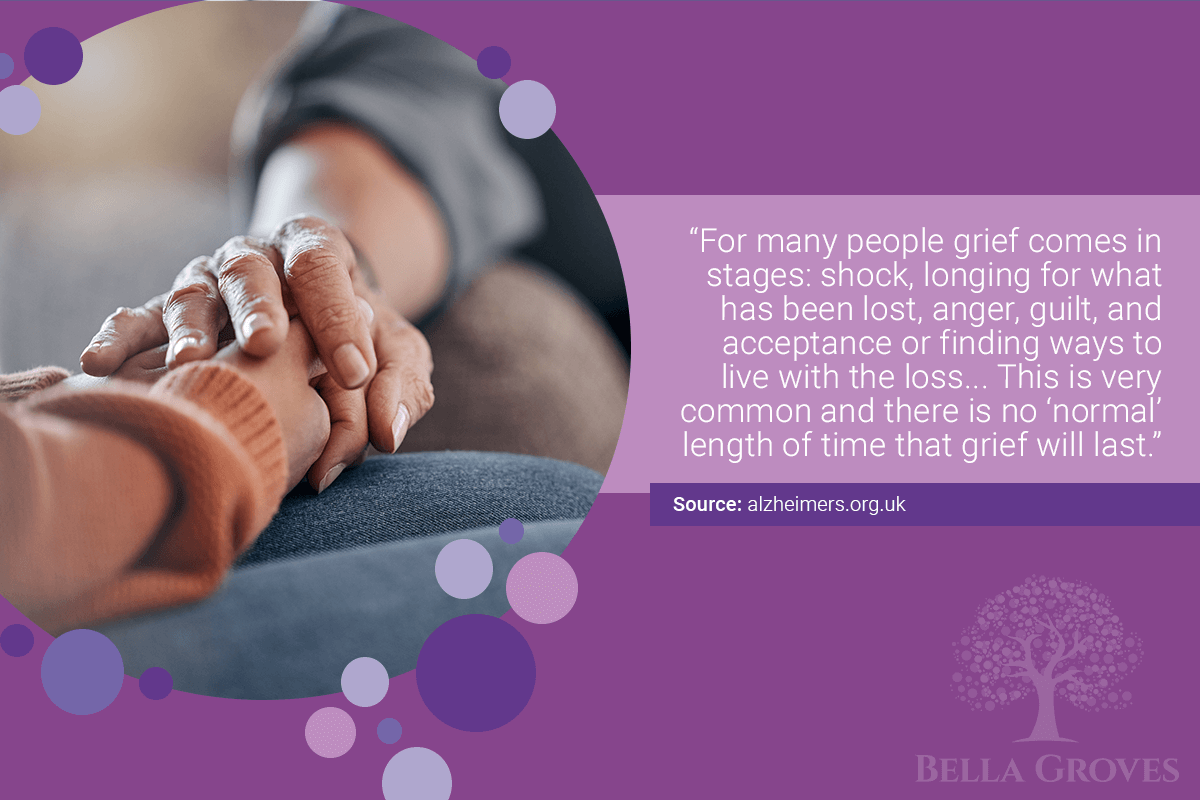Blog & Articles
Knowledge and understanding are powerful tools. We strive to be a trusted resource in our local communities for people impacted by dementia while being a guiding voice in the senior living industry through thought leadership and education.
11-07-2024
•
Bella Groves
Rethinking Risk and Dementia
Written By: Kayla Dudley Do the benefits outweigh the potential risks when it comes to pursuing bold activity engagements for persons living with dementia? At Bella Groves, we believe that this is a question that many in the senior care industry do not even dare to ask themselves. After all, it’s “better to be safe…
11-01-2024
•
Bella Groves
“Why is Grandma Acting Different?”: Explaining a Dementia Diagnosis to a Child
Receiving a dementia diagnosis is beyond overwhelming—almost immediately, you begin thinking about how to start planning for care, tend to your family member’s emotional needs, and, most importantly, about the future. For primary care partners, facing a loved one’s dementia diagnosis can seem as though you’re facing an upward battle alone. You might be so…
10-23-2024
•
Bella Groves
Anosognosia: Your Loved One is Not in Denial
Written By: Kayla Dudley Do you ever get frustrated that the person you are caring for is in “denial” about their condition? This is a common experience among care partners of individuals living with dementia. No matter what you tell your loved one, they just can’t seem to get it in their head that they…
10-15-2024
•
Bella Groves
Recognizing Pain in Dementia Patients
Caring for a person living with dementia is a challenging and emotional experience that demands patience, compassion, and keen observation. Among the many hurdles care partners and family members face is recognizing when their loved one is in physical pain. Due to the nature of dementia, individuals may struggle or be unable to communicate their…
10-01-2024
•
Bella Groves
Do Those with Dementia Thrive Better at Home or in a Memory Care Facility?
Navigating the world of dementia care can be overwhelming. When faced with the decision of whether a loved one should remain at home or move to a memory care community, families often grapple with concerns about their loved one’s well-being, safety, and quality of life. Bella Groves strives to provide resources and support to…
09-15-2024
•
Bella Groves
Finding Grief Support After Losing Someone You Love
Losing a loved one is never easy, but when your loved one has been battling dementia, the grief that follows their passing can feel even more overwhelming. The long goodbye that dementia imposes during each stage often leaves care partners and family members feeling emotionally drained and uncertain about where to turn for support.
09-01-2024
•
Bella Groves
Connecting Beyond Words: Dementia Communication Techniques
Living with dementia brings numerous challenges, not just for those affected but also for their family, friends, and loved ones. One of the toughest hurdles is communication. Discovering alternative ways to connect beyond words can be life-changing for care partners and family members, as it can strengthen familial bonds and elevate the level of care…
08-15-2024
•
Bella Groves
Staying Connected With Your Loved One in Memory Care
Having a loved one in memory care can be an emotional and challenging experience for families. The distance, both physical and emotional, often adds a layer of complexity to maintaining strong connections. But staying connected isn’t just possible—it’s vital. At Bella Groves, we believe in fostering deep connections between residents and their families. Our memory…
08-14-2024
•
Bella Groves
Is it Time for Community Placement?
Written By: Kayla Dudley As the Director of Dementia Programming and Education at Bella Groves, I get the opportunity to regularly speak to families navigating various stages of a loved one’s dementia diagnosis. These stages vary from “Mom’s display of independence masks her need for assistance” to “Mom is at the point where she is…
08-01-2024
•
Bella Groves
Grieving and Joy Can Co-Exist in Dementia Caregiving
Grieving and joy can feel like polar opposites, but in the realm of dementia caregiving, they often coexist in surprising harmony. For many care partners, the emotional landscape is a roller coaster, encompassing moments of profound sadness and unexpected joy. Understanding this non-linear grief is essential for anyone navigating the complex world of dementia caregiving.…








